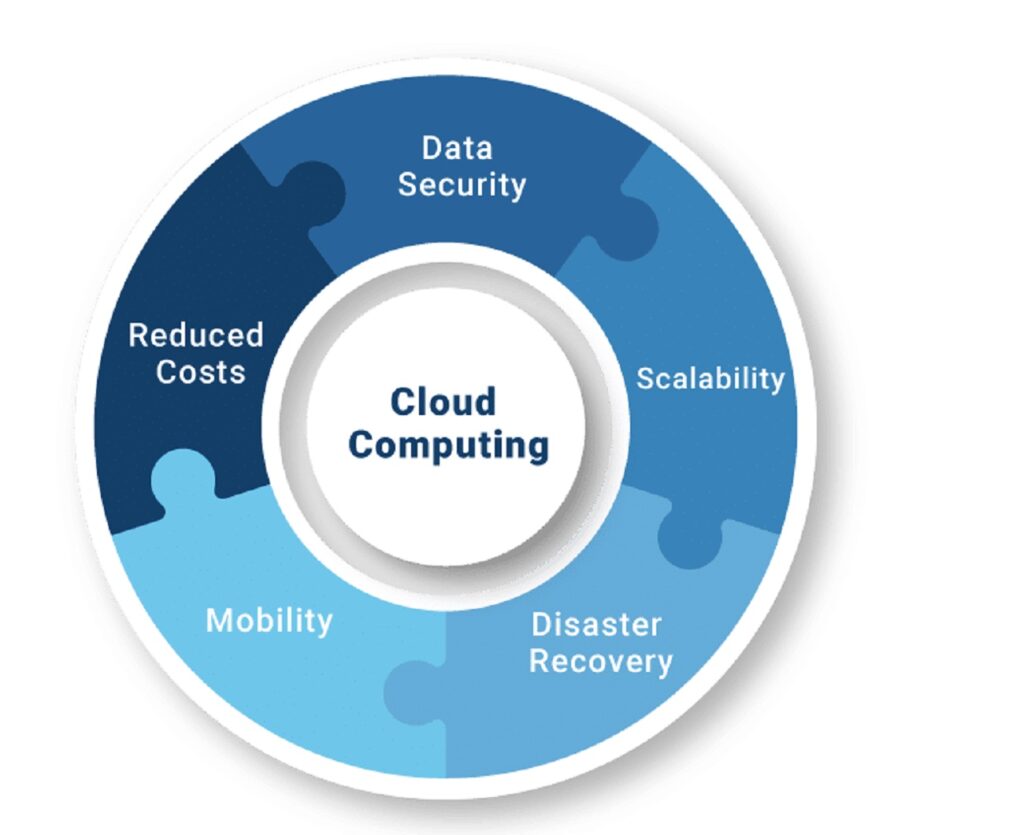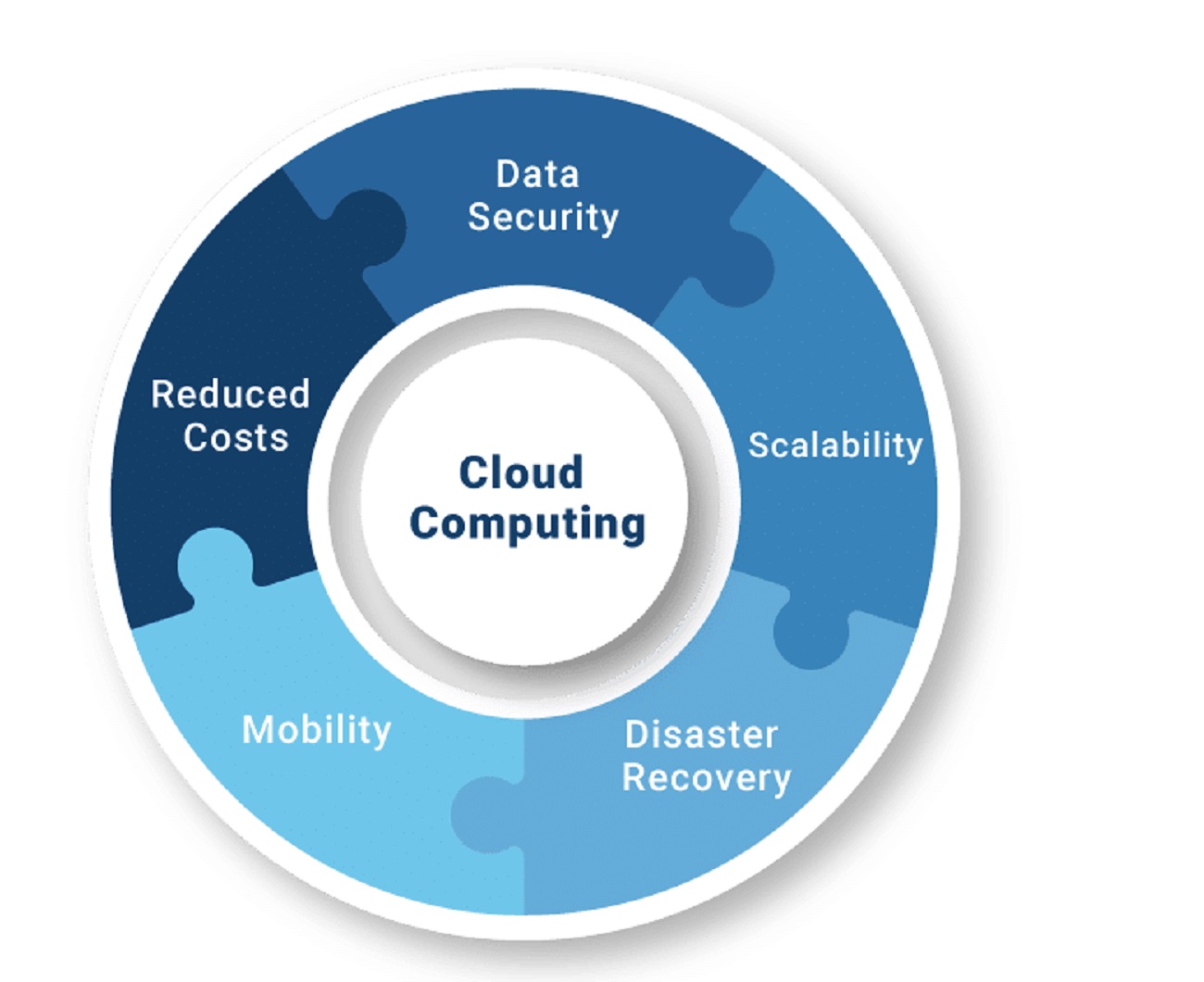Today, cloud backup solutions have become one of the vital concepts involved in data management. Cloud backup entails the storing of duplicate copies of vital data and information on distant servers. They are typically managed by third-party providers and accessible via the Internet. This method has gained significant significance with the exponential growth of our dependence on digital data.

From personal photos and documents to the mission-critical information of businesses, the risk of data loss due to hardware failures and cyberattacks has never been greater. Cloud backup solutions are convenient and secure, ensuring the reliability, recovery, and accessibility of data that traditional on-site solutions do not have. Therefore, cloud solutions are significant in a data-driven world because of the scalability, cost-effectiveness, and convenience associated with automated backups.
To learn more, read on further as we discuss robust data protection with cloud backup solutions and factors to consider when choosing your cloud backup provider.
Image Source: Net Protector Anti Virus
How do Cloud Backup Solutions Offer Robust Data Protection?
Cloud backup combines a plethora of features and best practices to ensure your data is safe, secure, and easily recoverable. Here are several ways in which cloud backup solutions provide robust data protection:
- Redundancy and Data Replication: Cloud backup providers typically store your data in multiple data centres across different geographical locations. This redundancy and data replication ensures that your data remains accessible even if one data centre experiences an outage or failure.
- Encryption: Encryption of data is done at rest and in transit. It implies that when passing your data from your device to the cloud and storing your data on the cloud, it will be encrypted for security reasons. This encryption frequently employs tough cryptographic algorithms to protect your data.
- Access Controls: The cloud backup solutions let you specify and set limits on your data sharing. It allows setting up roles of the user and user permissions, which enable only authorised employees to access it.
- Versioning and File Recovery: Versioning is a common feature in most cloud backup solutions, enabling restoration of earlier versions of files. It helps recover historical versions of your data in case of data corruption or accidental deletion.
- Automated Backups: Cloud backup solutions allow you to set automatic, scheduled backups. Since data is automatically updated without human interference, it reduces the chance of losing data due to human errors.
- Compliance and Security Standards: Usually, when a company offers cloud backup services, it follows certain regulations and safety frameworks (HIPAA, GDPR, ISO 27001, and so on).
Things to Remember When Selecting a Cloud Backup Solutions Provider
When it comes to data protection, a business must choose a cloud backup solutions provider cautiously to ensure that in case of data loss, the information remains easily accessible. Consider these factors when selecting a cloud backup solutions provider:
- Data Security and Encryption: Ensure the provider offers robust encryption both in transit and at rest. Look for at least 256-bit AES encryption. Check if they have compliance certifications (e.g., SOC 2, HIPAA, GDPR) that indicate a commitment to data security and privacy.
- Reliability and Redundancy: Assess the provider’s data centres and infrastructure to ensure they have redundant systems and reliable uptime, minimising the risk of data loss. Inquire about their disaster recovery and failover capabilities.
- Scalability: Choose a provider that can scale with your business needs. Ensure they offer flexible storage and pricing options.
- Data Retention and Versioning: Verify the provider’s policies on data retention and versioning, as these policies affect how you can recover data at different points in time.
- Performance: Evaluate the speed and efficiency of data backup and restoration processes, especially if you have large datasets.
- Compatibility: Ensure that the cloud backup solution is compatible with your existing infrastructure and software applications.
- Integration and APIs: Consider the availability of APIs and integration options, as this can help streamline data backup processes and workflows.
- Recovery Time Objectives (RTO) and Recovery Point Objectives (RPO): Define your RTO and RPO requirements and ensure the provider can meet them. It determines how quickly you can recover your data and how much data you might lose in the event of a failure.
Protect Your Digital Assets Today!
Implementing cloud backup solutions offers businesses a myriad of benefits, including data security, scalability, and disaster recovery readiness. By embracing this technology, organisations can ensure the safety and accessibility of their crucial information, even in the face of unforeseen challenges.
To further bolster your data protection measures, consider partnering with Net Protector Anti Virus for comprehensive cybersecurity solutions. Choose from Net Protector Cloud Backup for professionals and corporations. Safeguard your digital assets and keep your business running smoothly with their advanced tools and expertise. Don’t wait – prioritise data security today!
External Source: https://www.sciencedirect.com/science/article/abs/pii/S1353485810700064#:~:text=AES%20has%20a%20fixed%20block,4%20%C3%97%204%20byte%20matrix
